Posts from March 2016
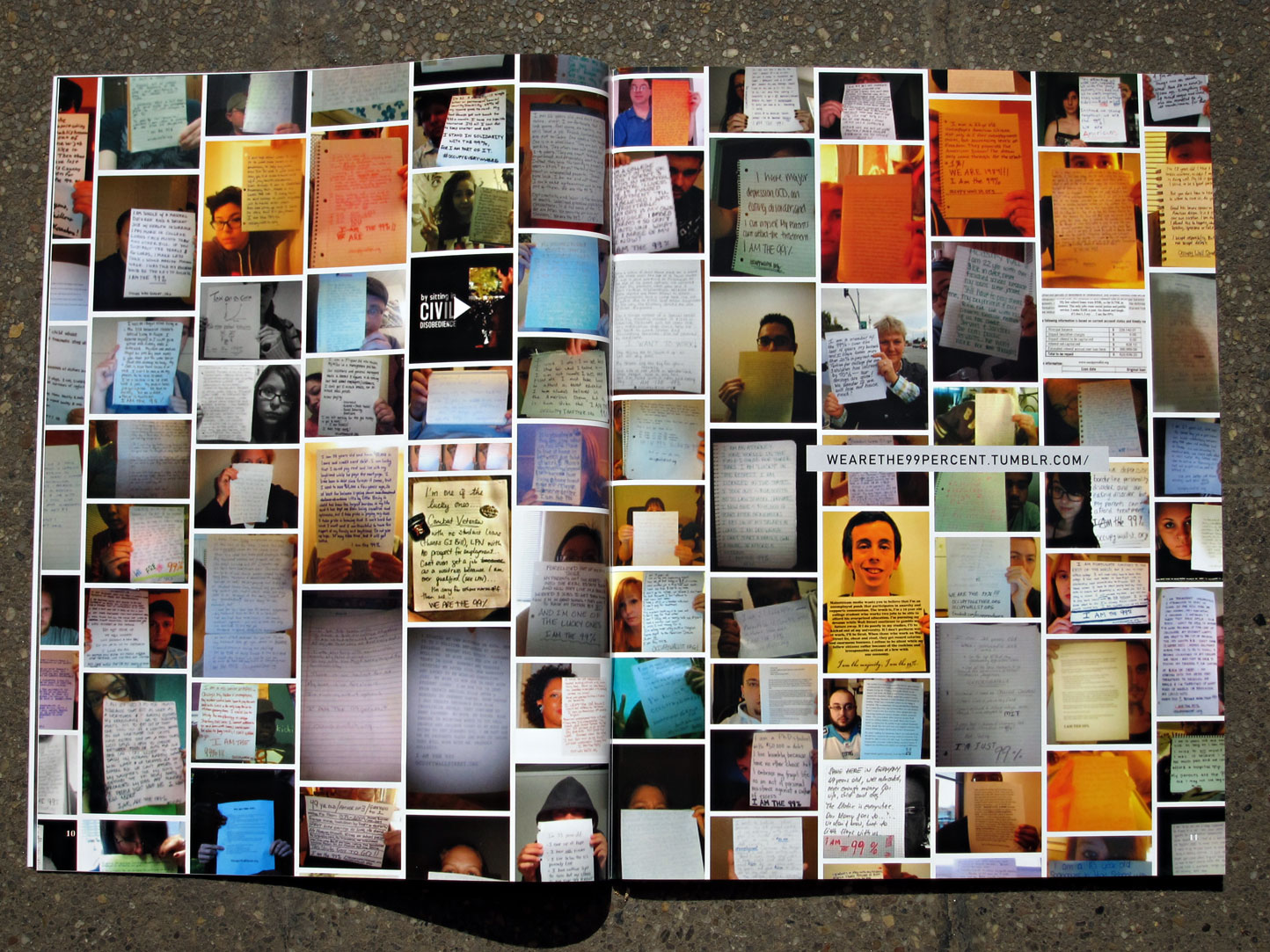
Data Futures @ the IMCC is very proud to report its involvement in Fotomuseum Winterthur’s launching of a new visual identity on February 26th of this year, including the redesign of its website and the building of an innovative digital asset management system.
Photography is changing rapidly, extending its capacities in relation to computational technologies and the power of data communications. No longer defined by the relative singularity of the chemical image, digital photography increasingly mixes still and moving forms and is subject to unpredictable transformation and replication. In the algorithmic age photographic imagery is extensively distributed and shaped by incessant change. Connections and interactions between global systems are becoming dominant factors.
Fotomuseum has decided to respond decisively to these changes by creating a new visual identity adequate to an extended notion of the photographic. Museums now comprise vast digital infrastructures, and central to the project has been the renovation of Fotomuseum’s old website. Together with Simon Davies, the web engineering firm Systemantics was engaged and Fotomuseum’s website has been completely redesigned. It now presents the activities of Fotomuseum more clearly, with a strong emphasis on the visual content of the museum. A variety of social media has been embedded in the site and a video channel launched to archive interviews and presentations conducted at the museum. Fotomuseum has amassed significant content over the years and this can now be accessed through a search function that aggregates results across the whole website. More content from Fotomuseum’s history will be added over the next six months. The final result is a website that is packed full of information, easier to use and more visually engaging for online visitors.
Fotomuseum’s digital content has been managed up until now by multiple IT platforms. Like internet technologies, these platforms are constantly evolving, but they have also created isolated silos of information requiring complex integration if data is to be shared and sustained. Fotomuseum has taken the radical step of moving beyond specific IT products for functions such as the online collection, blogs and the publication archive, and has built a unified fully-linked and sustainable digital asset management system (DAMS). Collaboration with the Data Futures consortium, based at the University of Westminster, enabled automated transformation of data from Fotomuseum’s multiple IT systems into a single corpus which now provides access to Fotomuseum’s many assets for the new website. Data Futures’ open source freizo migration software ensures the sustainability of the Fotomuseum DAMS over many decades, independent of the website. It has built a future-proof foundation for new services such as metadata harvesting by other institutions and interfaces for scholarly research.
Duncan Forbes, Fotomuseum Director, said: “We are very proud of this transformation and believe we’ve designed an identity for Fotomuseum which enhances its reputation as a leading venue for photography, as well as being both playful and intellectually challenging. Furthermore, for a mid-sized museum our digital infrastructure is now one of the most advanced in Europe”.
For further information about the project, please contact Fotomuseum at presse@fotomuseum.ch
Fotomuseum Winterthur Grüzenstrasse 44 + 45 CH-8400 Winterthur + 41 (0)52 234 10 60
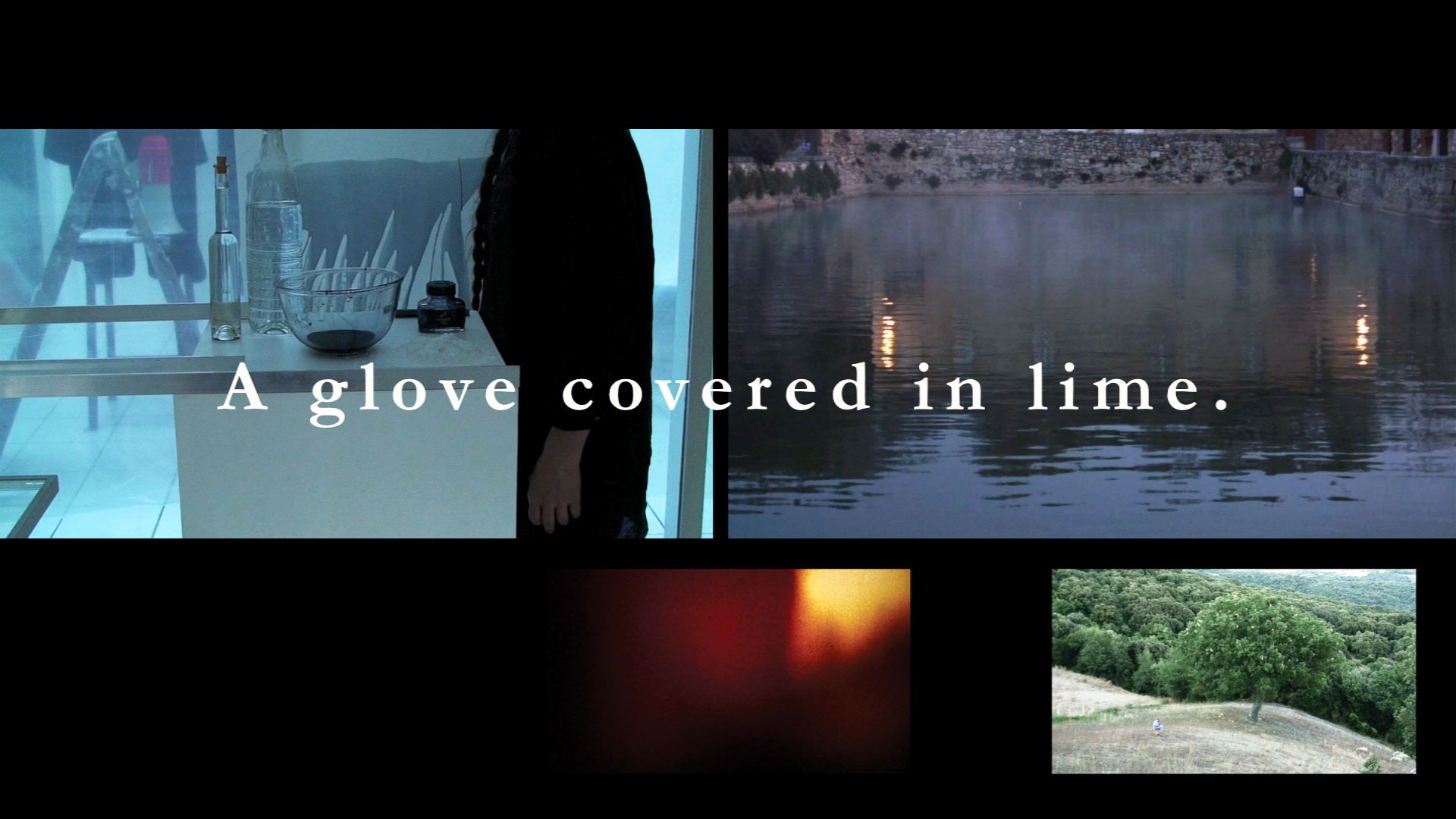
Experimental Writing @ Carroll / Fletcher: Kreider + O’Leary with Maria Fusco
Friday 18th March, 7.00pm
Carroll / Fletcher Gallery, 56-58 Eastcastle Street, London W1W 8EQ
Tickets: £5 from Carroll / Fletcher.
This will be a ticketed event. Booking information will be available soon via eventbrite.
This is the second event in the Experimental Writing @ Carroll/Fletcher series. Organised by the Institute for Modern and Contemporary Culture at University of Westminster and Carroll/Fletcher, the series showcases contemporary developments in experimental writing and their relationship to the visual arts.
Kreider + O’Leary will read from a selection of works including Falling (Copy Press, 2015) and the forthcoming Field Poetics (EROS Press, 2017). In addition, they will screen a selection of video work that is made in parallel to the text works. The reading/screening will be followed by a conversation between Kreider + O’Leary and writer and academic Maria Fusco.
Kreider + O’Leary are a poet and an architect who collaborate to make performance, installation and time-based media work in relation to sites of architectural and cultural interest. Since 2003, Kreider + O’Leary have made work in places such as prisons, military sites, film locations, landscape gardens, desert environments and more traditional gallery venues across the UK, USA, Europe, Australia, South America and Japan. Their work Light Vessel Automatic was exhibited at Performing Architecture at Tate Britain in 2013, Edge City was exhibited at the Lisbon Architecture Triennale in Lisbon in 2013 and their book Falling has recently been published by Copy Press (2015).
Maria Fusco is a Belfast-born writer based in Glasgow. Her work is published internationally and is translated into ten languages. She has just completed Master Rock, a new commission from Artangel & BBC Radio 4, which is a performance and radio broadcasts live inside a mountain on the west coast of Scotland. Maria writes fiction, critical and theoretical texts and edits publications. With A Bao A Qu Reading When Attitudes Become Form (Los Angeles/Vancouver: New Documents, 2013), The Mechanical Copula (Berlin/New York: Sternberg Press, 2011), is published in French as Copulation Mécanique (Paris: éditions ère, 2012). She is founder/editorial director of The Happy Hypocrite a semi-annual journal for and about experimental art writing, and a Reader at Edinburgh College of Art, University of Edinburgh.
For more information, please contact either Georgina Colby at g.colby@westminster.ac.uk or Asya Bachelis at asya@carrollfletcher.com
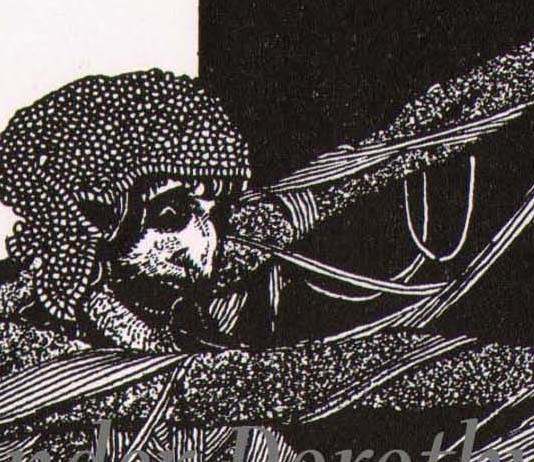
Emma McEvoy is teaching a special five-week Introduction to the Gothic evening course at the British Library, starting on Tuesday 5th April this year. Book a ticket now here!
The five-week course will introduce you to Gothic, from Horace Walpole’s seminal novel The Castle of Otranto (1764) to Daphne du Maurier’s Rebecca(1938). En route we’ll take in a novel by the ‘Shakespeare of romance writers’ Ann Radcliffe, Bram Stoker’s Dracula (1897), and short stories by Edgar Allan Poe and Nathaniel Hawthorne, amongst others. Gothic has never been solely a literary phenomenon and although our primary focus is on literature, we’ll also make reference to film, television series, architecture and painting.
You’ll also have the opportunity to view items from our collections such as Bram Stoker’s original playscript of Dracula, the beautifully illustrated edition of Walpole’s Description of Strawberry Hill, Victorian periodicals, first (and later) editions of the Gothic texts we’ll be discussing, and rare examples of the cheaply produced chapbooks of the 1790s.
The course is led by Dr Emma McEvoy, University of Westminster, with contributions from British Library curator Greg Buzwell.
See more here.
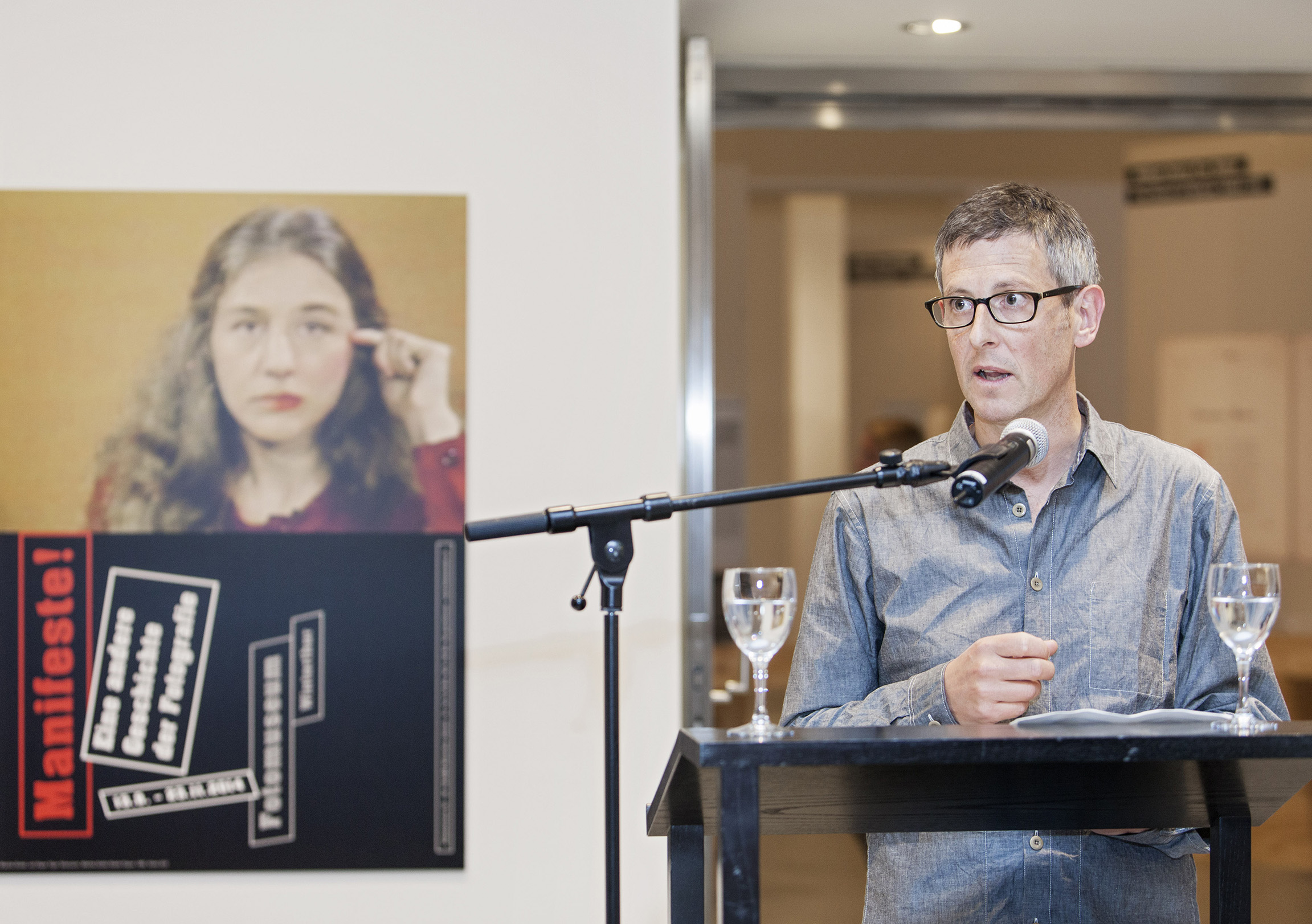
The IMCC is delighted to welcome Duncan Forbes, who is joining us as a Visiting Research Fellow in the Institute. Duncan is a curator and writer based in Los Angeles and London. He was formerly Director and Curator of Fotomuseum Winterthur and Senior Curator at the National Galleries of Scotland. A major figure in contemporary photographic history and theory, Duncan’s recent collaborative curatorial and publishing projects include Provoke: Between Protest and Performance: Japanese Photography 1960-1975 (Steidl, 2016), Beastly/Tierisch (Spector Books, 2015), Manifeste! Eine andere Geschichte der Fotografie (Steidl, 2014) and Edith Tudor-Hart: In the Shadow of Tyranny (Hatje Cantz, 2013).
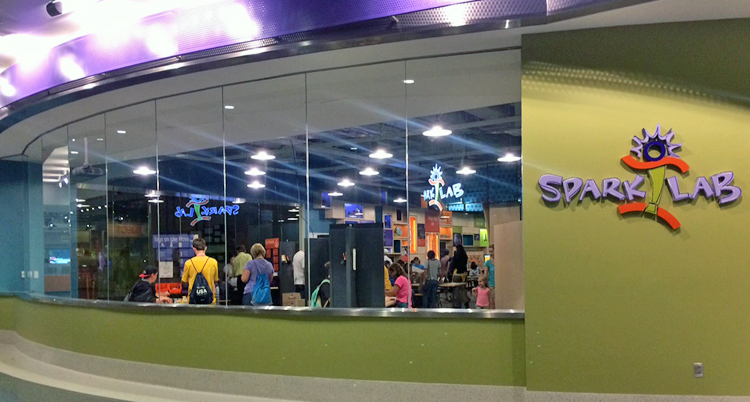
Wednesday 6th April 2016, 6.30pm
Fyvie Hall, University of Westminster, 309 Regent Street, London W1B 2HW
‘Crossing Boundaries: Promoting Innovation and Creativity’
Dr Arthur Daemmrich, Director of the Lemelson Centre, Smithsonian Institution
The Lemelson Center has led the study of invention and innovation at the Smithsonian in Washington DC since 1995. The Center’s activities advance scholarship on the history of invention, share stories about inventors and their work, and nurture creativity in young people. The Center is supported by The Lemelson Foundation and located in the National Museum of American History. The new Lemelson Hall of Invention and Innovation, opened on 1 July 2015, is a signature part of the Museum’s 45,000-square-foot Innovation Wing. The Hall is home to two exhibitions, “Places of Invention” and “Inventive Minds”, and includes the hands-on invention center Draper Spark!Lab.
Dr Daemmrich will give a special lecture on the work of the Lemelson, followed by a panel discussion with Tricia Edwards, Head of Education, Lemelson Center; Sharon Ament, Director, Museum of London; Stian Westlake, Executive Director, Policy and Research, NESTA. Chaired by Professor Alexandra Warwick, Head of Dept of English, Linguistics & Cultural Studies, University of Westminster.
RSVP and further information from Alan Morrison, Coordinator, Smithsonian-Westminster Colloquium, University of Westminster, morrisa1@westminster.ac.uk

Wednesday 2 March, 5.00 pm
Room 105, University of Westminster, 32-38 Wells Street, London W1T 3UW
‘The Iterative Turn’
Kaja Marczewska (Westminster), with a response by Steve Smith
A Post-Doctoral Fellow in the Institute, Kaja Marczewska will be giving a paper based on her current research with a response from Steve Smith. Drawing on debates about plagiarism and the state of copyright, Kaja’s paper investigates the implications of the increasing propensity to copy as a creative practice in contemporary culture and understands it as a cultural condition that triggers novel attitudes to creativity. By interrogating the restrictions of the dominant categories of originality and authorship, in legal and creative terms, the paper proposes the notion of iteration as a possible alternative for thinking about some representative creative practices characteristic of the contemporary moment.
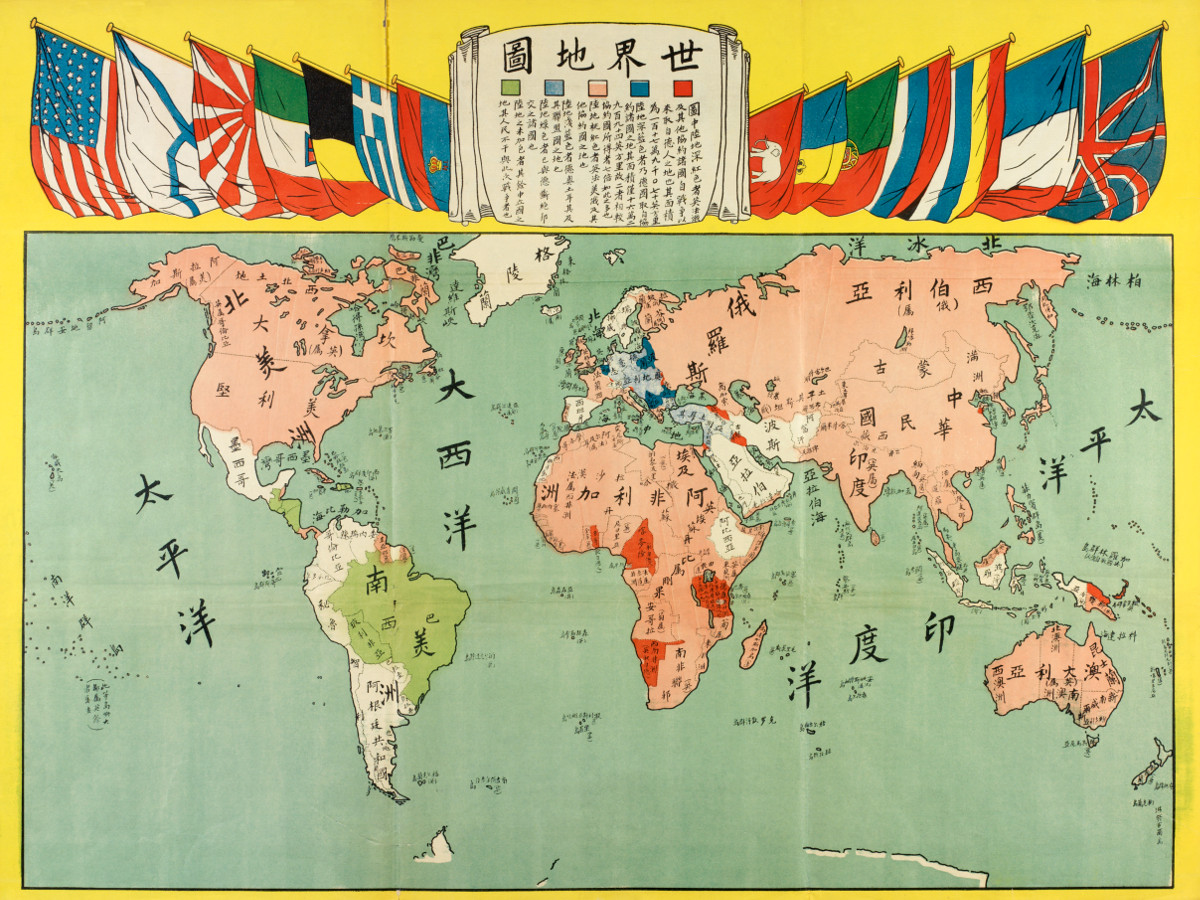
China and the Great War: A Symposium
Wednesday 4th May 2016, 9.00 – 17.00
Imperial War Museum, Lambeth Road, London SE1 6HZ
Organised by the Department of English, Linguistics and Cultural Studies and the Institute for Modern and Contemporary Culture at the University of Westminster
China’s participation in the First World War was a defining moment in modern Chinese and world history and the beginning of China’s journey toward internationalization. This symposium intends to extend the dimensions of our collective memory of the war along with investigations of the significance of the war to China’s subsequent role in international relations. Held on May Fourth, the date of the symposium commemorates the May Fourth Revolution which followed China’s betrayal at the Paris Peace Conference of 1919. A panel of leading international scholars, archivists, and community activists will address the ways in which World War I played a substantial role in shaping China’s 20th-century trajectory.
The symposium will also mark the forgotten contribution of the Chinese Labour Corps and the work they did behind the lines on the Western Front. China’s role in the First World War has been a curiously neglected topic. The symposium will participate in the endeavours of the Chinese community in Britain to create a memorial in London to the Chinese Labour Corps.
Further details and tickets here.


The Institute for Modern and Contemporary Culture
University of Westminster Department of English, Linguistics and Cultural Studies
32-38 Wells Street, London W1T 3UW. United Kingdom.
